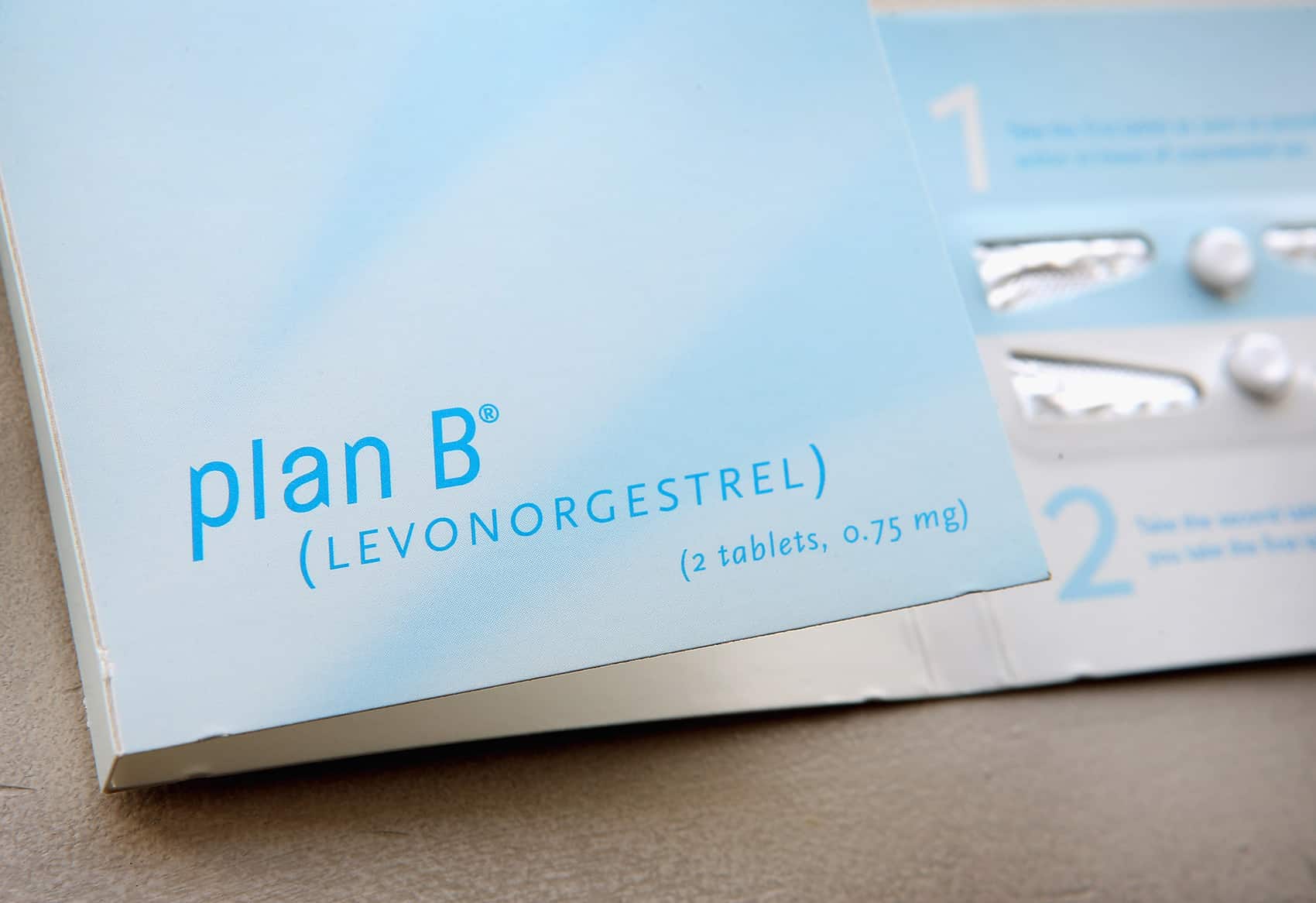Costa Rica’s public-health system has made emergency contraception available to “any woman who has had a sexual relationship with the possibility of pregnancy,” the Social Security System (Caja) informed Wednesday.
Previously, this contraceptive — often known as the morning-after pill — was only allowed at public health centers for women who had been victims of sexual assault.
“It is important to clarify to the population that these drugs are not abortifacient,” said gynecologist Angélica Vargas Campos. “They prevent conception but do not stop a conception that has already been carried out.”
The Caja says improving access to contraceptives will “positively impact the sexual health” of the Costa Rican population.
It cited a 2015 survey from the Health Ministry that found 49.8% of women and 32.2% of men did not want their last pregnancy, either because they had wanted to wait for another time or because they did not want to have more children at all.
The World Health Organization (WHO) says “all women and girls at risk of an unintended pregnancy have a right to access emergency contraception and these methods should be routinely included within all national family planning programs.”
Legalization of the morning-after pill as an accessible emergency contraceptive has been years in the making for Costa Rica.
In 2014, lawmakers of the Legislative Assembly’s Human Rights Commission first approved the drafting of a bill that would allow the use of the emergency contraception method, but only with a doctor’s prescription.
Five years later, in 2019, Costa Rica began allowing sale of the morning-after pill without a prescription, though many private pharmacies chose not to offer it.
Under the new guidelines, now any woman can access emergency contraception at health centers run by the Costa Rican Social Security System.

